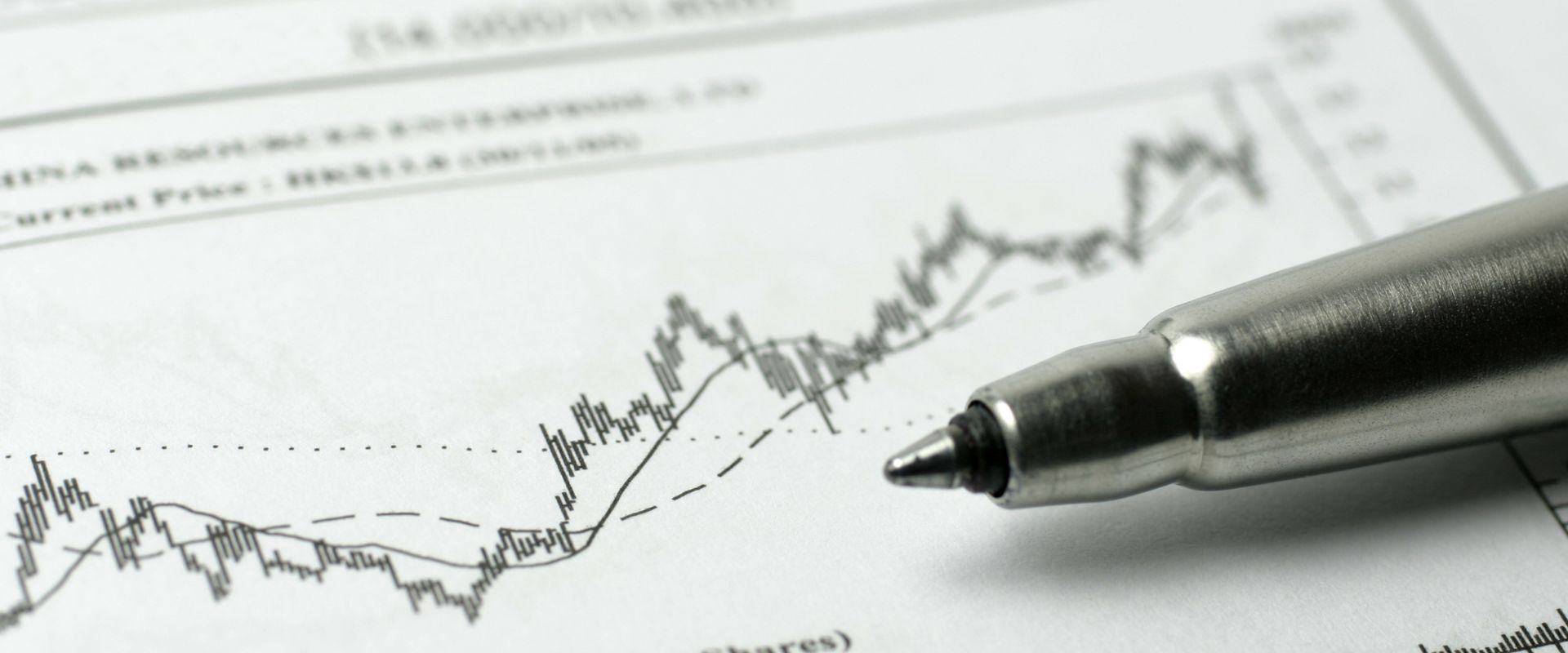Misconception on Money’s Function in Economics
Mainstream economic textbooks often describe one of money’s key roles as a stable measure for the value of goods and services in the market. This concept is echoed by economists like Frederic Mishkin, who suggests that money serves as a universal metric for valuing economic transactions, akin to how pounds measure weight or miles measure distance. This perspective leads to the argument that central banks should aim for a stable price level to ensure that monetary value reflects the true worth of goods and services, eliminating inflation’s distortion from the economic landscape.
Historical Fallacies and the Subjectivity of Value
The notion that money can objectively measure value traces back to early economists like John Law, who viewed money as a definitive yardstick for goods’ valuation. However, this idea is fundamentally flawed because it ignores the subjective nature of value. Unlike physical measurements such as length or temperature, the value attributed to money or goods is based on individual judgment and varies constantly across different contexts and individuals. Consequently, the price paid in transactions does not truly measure a good’s value but rather represents the mutual valuation by the buyer and seller.
Gold-Price Targeting: A Misguided Approach
The advocacy for gold as a monetary standard stems from a misplaced belief in its stable intrinsic value, which proponents argue makes it an ideal anchor for monetary policy. Figures like Steve Forbes and Nathan Lewis champion the use of gold as a measure to maintain money’s stability, relying on an unproven assumption of gold’s unchanging worth over time. This viewpoint neglects the inherent fluctuations in gold’s value relative to other commodities and overlooks the dynamic nature of market economies influenced by human valuations, resource availability, technological advances, and entrepreneurial activities.
The Reality of Gold’s Value Fluctuations
Historical data contradicts the notion of gold’s stable value, especially when it has served as a monetary standard. Notably, the U.S. witnessed significant price level changes when it adhered to the gold standard post-Civil War, with periods of both deflation and inflation correlating to shifts in global gold stocks and mining technologies. This evidences that fixing the dollar price of gold does not insulate money’s value from market dynamics, contrary to gold-price targeting advocates’ beliefs.
Critique of the Gold Standard’s Supposed Stability
The promotion of a gold standard as a means to achieve a stable yet flexible monetary system overlooks the potential for such a system to enable inflationary money supply growth. While proponents like Forbes argue for the gold standard’s ability to adapt to economic needs without compromising stability, critics, particularly from the Austrian economics perspective, warn that it could fuel capital market distortions and asset bubbles. The real challenge lies in reconciling the desire for sound money with the market’s demand for monetary flexibility.
Financial Disclaimer: This article is for informational purposes only and does not constitute financial advice, endorsement, or recommendation of any particular investment strategy or financial product.








